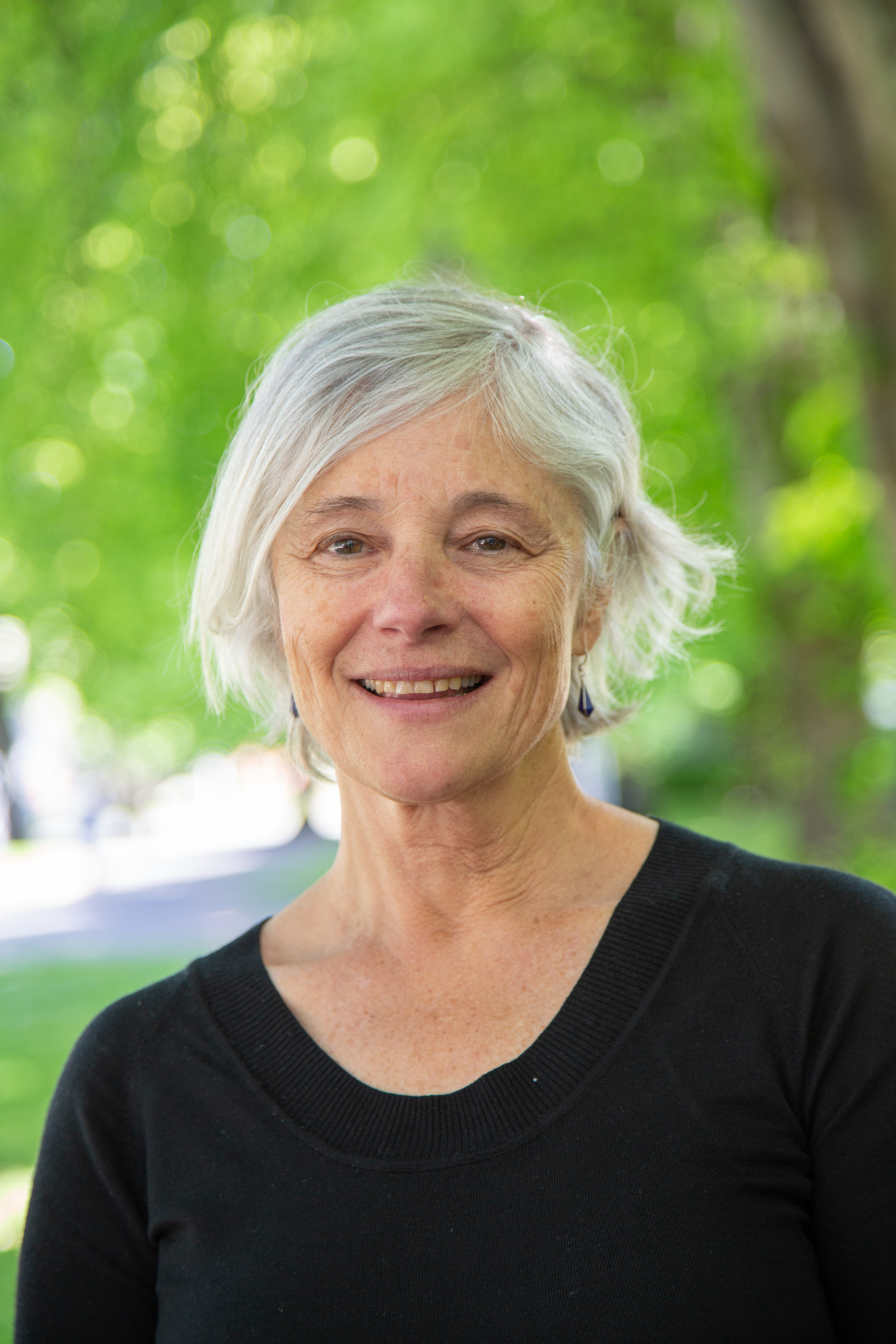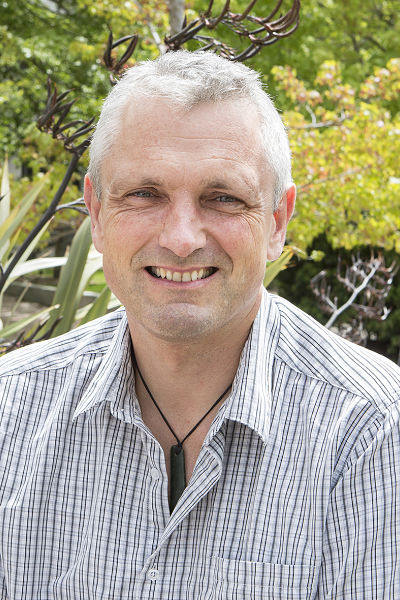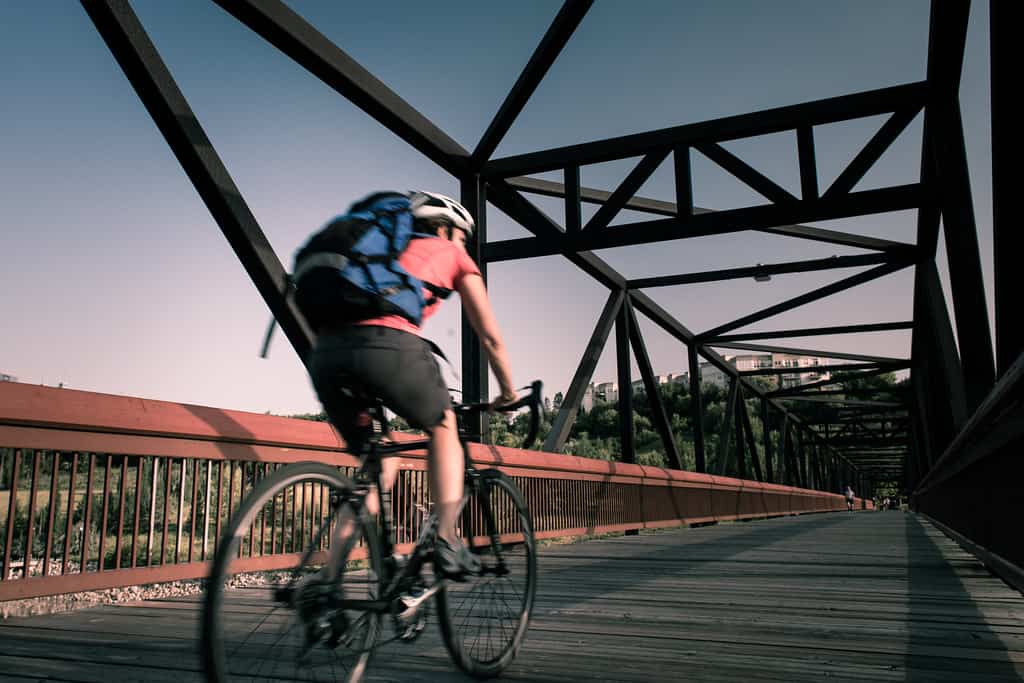How does active travel help health and wellbeing in New Zealand communities?
17 June 2020
Photo: Stuart Houghton
JOINT MEDIA RELEASE
From: Healthier Lives−He Oranga Hauora and Ageing Well−Kia eke kairangi ki te taikaumātuatanga National Science Challenges
As the COVID-19 pandemic lockdown or rāhui eases in New Zealand, people are gradually returning to public spaces and workplaces. This provides an opportunity to think about different transport and travel options that could benefit people as well as the planet.
It is timely that a major new research project has been jointly funded by two of New Zealand’s National Science Challenges – Ageing Well and Healthier Lives – to investigate ways of “retro-fitting” the design of our cities that will encourage more active modes of travel and reduce car dependence.

A major research collaboration called ACTIVATION*, led by Professor Karen Witten of Massey University and involving researchers from numerous universities and research groups across New Zealand, will investigate the impact of transport and community infrastructure on peoples’ health and wellbeing over four years.
Active travel, such as walking, biking and using public transport, offers effective and equitable ways to increase physical activity across the whole population.
“We know physical activity has important health and wellbeing benefits, but we also know how hard it can be for people to increase their physical activity. Streetscapes that support active travel are important but so are social and cultural environments that encourage physical activity. It is unknown what the best mix of interventions would be to increase active travel,” says Professor Witten.
“This research seeks to find what combination of interventions (or ‘sweet spots’) might trigger the uptake of active travel behaviour to enhance health and wellbeing. We’ll evaluate several interventions aimed at increasing active travel.”
The ACTIVATION project will receive funding of $2.443 million over four years. It is centred on two different urban sites, one in the North Island at Māngere in South Auckland and the other in the South Island at new developments in central Christchurch.
In Māngere, a community with a high proportion of Pacific and Māori residents, the project will build on an intervention where neighbourhood streets designed for car use have been retro-fitted to prioritise active travel. The project will work with Safe and Healthy Streets South Auckland (SAHSSA), a collaboration between housing, transport and community agencies. It will be a unique opportunity to investigate the impact of locally co-designed activities aimed at increasing the connectivity of walking and biking infrastructure on residents’ physical activity, social connection and safety.
In Christchurch, research focussed on new higher density city building developments will investigate changes in travel practices associated with moving house to higher density central city living. Interviews and surveys with residents and stakeholders will explore the factors that ensure success, such as attitude and behaviour change, and regulatory and institutional requirements. The research will inform ways in which transport and housing design can be integrated to encourage active mobility in urban regeneration programmes.

“We will undertake different kinds of research, involving residents, including kaumātua, local champions and service providers, to learn what new interventions fit best with local opportunities and preferences. Once the interventions are implemented, we will measure health and community-related impacts using survey and observational research,” says Professor Simon Kingham, University of Canterbury and Ministry of Transport’s Chief Science Advisor, who will be leading part of the work.
“The research will also provide insights about what enables or frustrates attempts by public agencies to develop neighbourhoods that support active travel,” says Professor Witten.
The two National Science Challenges, Ageing Well and Healthier Lives, are excited to be working together to fund this important research.
“Physical activity promotes healthy ageing,” says Ageing Well Director Associate Professor Louise Parr-Brownlie (Ngāti Maniapoto me Te Arawa). “Active travel has important health and wellbeing benefits for individuals and whānau, and may in turn generate collective community-wide benefits of safety, social connectivity and air quality.”
“Physical activity resulting from active travel also has the potential to reduce risk factor for non-communicable diseases,” says Healthier Lives Director Professor Jim Mann.
”Countries around the world are grappling with these issues, in response to an increasing recognition of the link between human wellbeing and environmental sustainability,” he says.
This project is a perfect opportunity to investigate the benefits of active travel for New Zealand communities.
*ACTIVATION stands for Activating Change through InterVentions for Active Travel in our Neighbourhoods
For further information and photos, please contact:
Fleur Templeton, +64 21 225 4218.
More about Ageing Well – Kia eke kairangi ki te taikaumātuatanga National Science Challenge
Find more information about Ageing Well.

More about Healthier Lives – He Oranga Hauora National Science Challenge
Find more information about Healthier Lives.

Read more about
- National Science Challenges on the Ministry of Business, Innovation and Employment (MBIE) website.
- Ageing Well on the Ministry of Business, Innovation and Employment (MBIE) website.
- Healthier Lives on the Ministry of Business, Innovation and Employment (MBIE) website.


